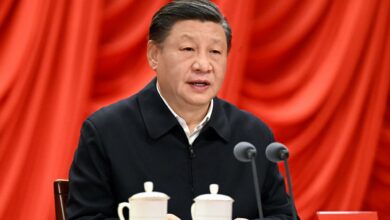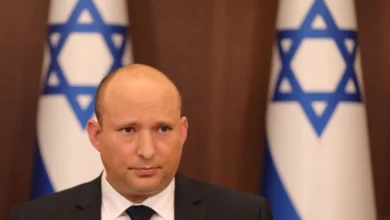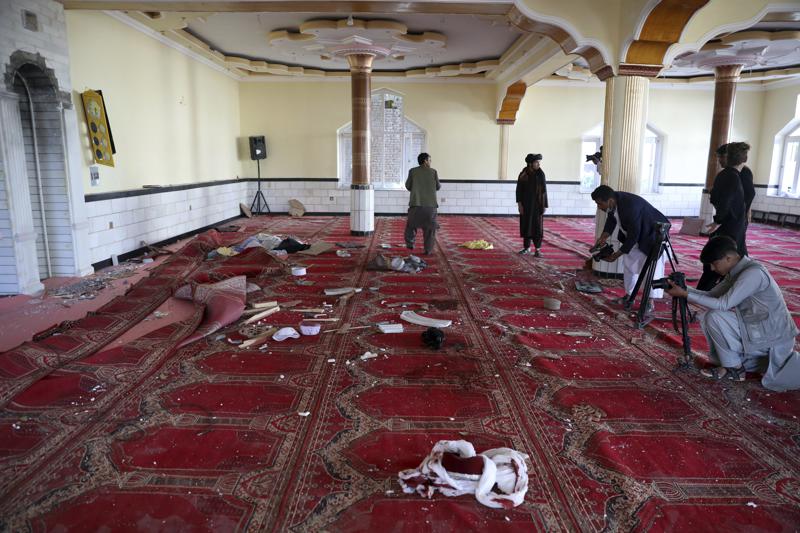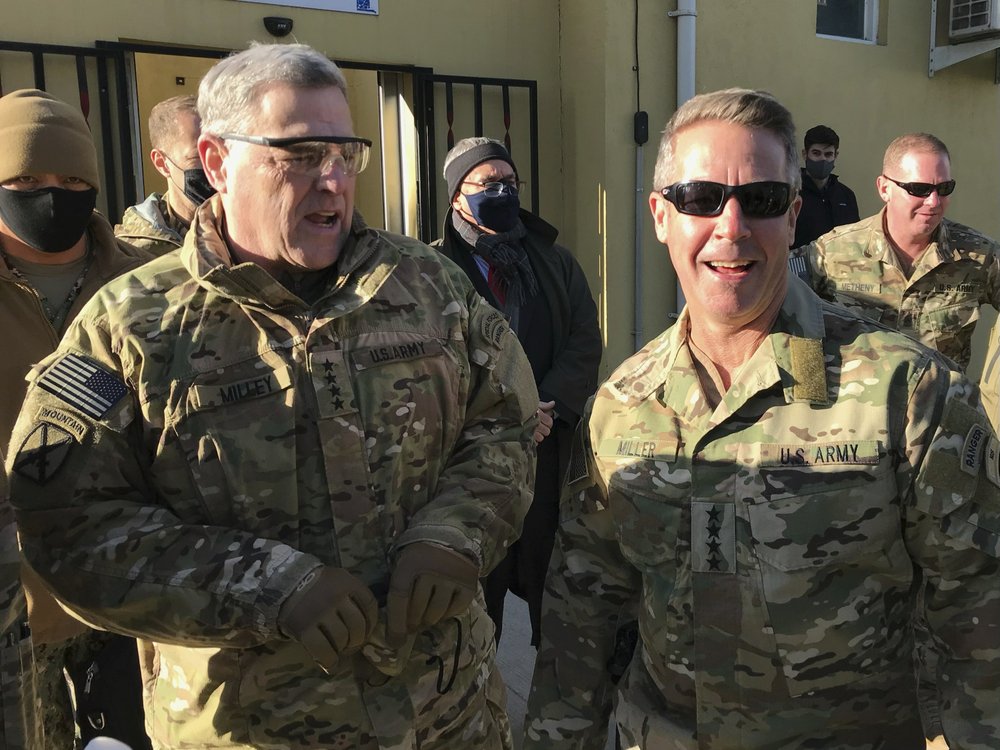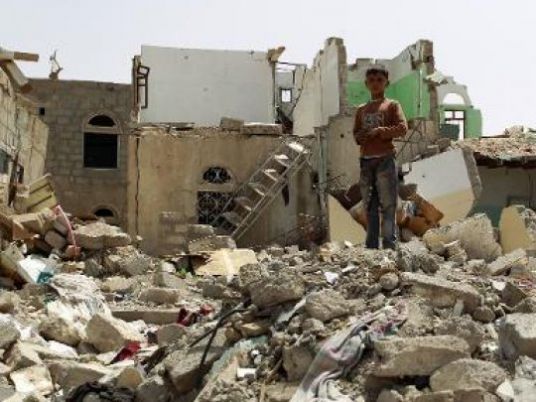
The head of the United Nations opened peace talks on Yemen on Monday with a call for a humanitarian ceasefire, saying the country was on the verge of a collapse that the Middle East could not withstand.
Ban Ki-moon said the truce, called to mark the start of the holy month of Ramadan, should last for at least two weeks to allow life-saving supplies into the country.
"Today Yemen's very existence hangs in the balance. While the parties bicker, Yemen burns," Ban told reporters.
The fighting had killed more than 2,600 people, half of them civilians, he said, citing figures from health facilities that the World Health Organization (WHO) says are an under-estimate.
A Reuters witness said warplanes from a Saudi-led coalition had bombarded the capital Sanaa, which the dominant Houthi faction in the country's civil war has taken over.
Ban said the delegation representing the Houthis had yet arrived in Geneva but he expected them later on Monday. "The full complement of participants in the consultations should be here in the coming hours," he said.
The Geneva talks are expected to last two to three days, with the UN special envoy for Yemen, Ismail Ould Cheikh Ahmed, shuttling between the two delegations.
The Saudi-led alliance has been carrying out air raids in Yemen for almost three months to try to restore exiled President Abd-Rabbu Mansour Hadi and repel the Houthis, whom they regard as proxies for their regional archrival Iran.
Iran's deputy foreign minister for Middle East affairs will discuss the conflict on Tuesday at a meeting of the pan-Islamic Organisation of Islamic Cooperation hosted by Saudi Arabia in Jeddah, the Iranian Mehr news agency reported.
Ban also called for local ceasefires and the withdrawal of armed groups from Yemen's cities.
"The fighting is giving new strength to some of the world's most ruthless terrorist groups. The region simply cannot sustain another open wound like Syria and Libya."
Unlike in those conflicts, the five permanent members of the U.N. Security Council were united in how to deal with Yemen, he said.

